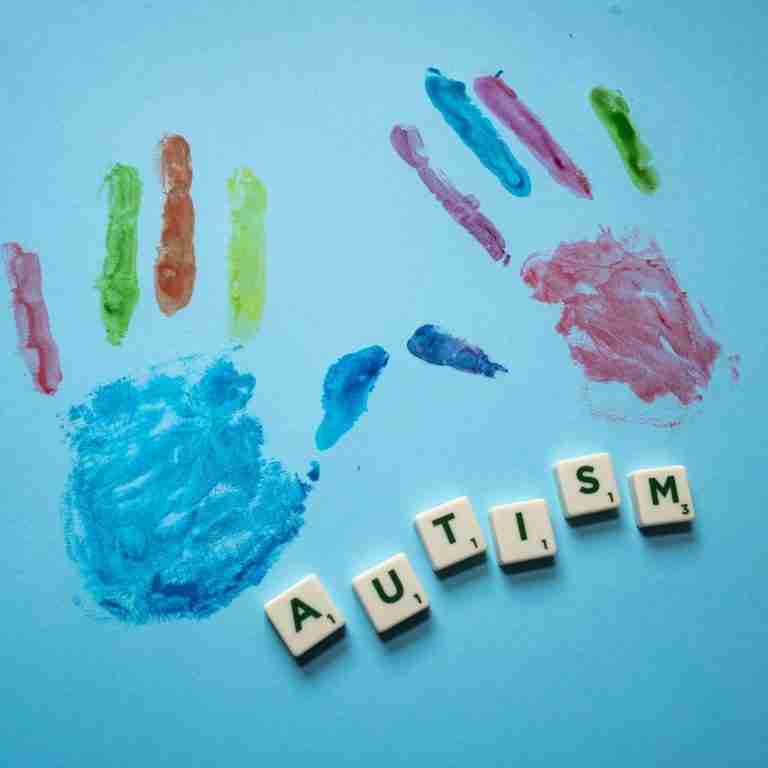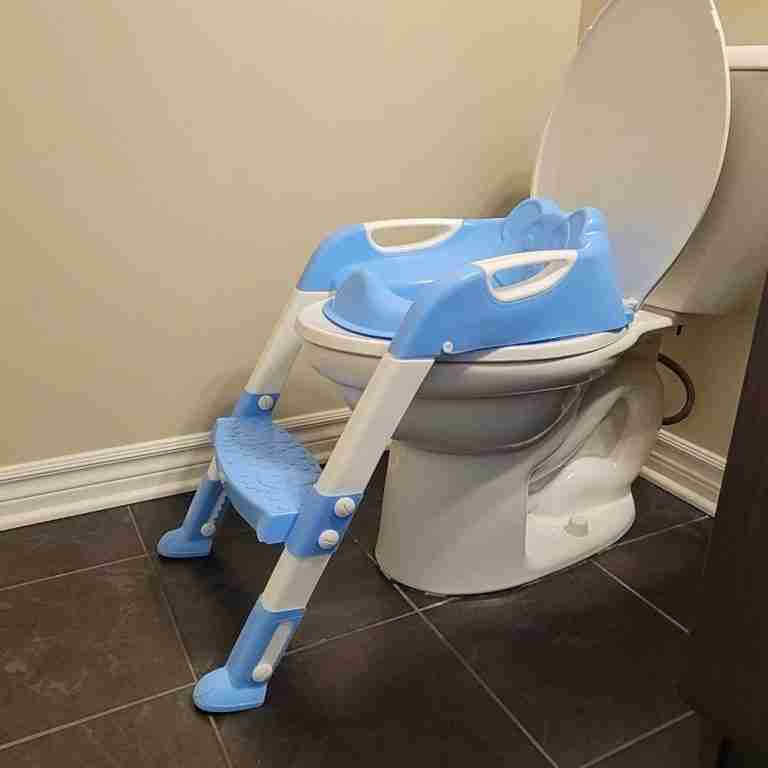Knowing what to do after an autism diagnosis can be an overwhelming and confusing process. If you just got an autism diagnosis for your child or maybe you are thinking your child might have autism and you are just doing some research then this post is for you. I’m going to walk you through important things that will help you start your journey and navigate life as an autism parent . Now, I just want you to know first that I’m not an autism expert. What I’m sharing with you are the things I did when I first got my son’s diagnosis. This helped me navigate my new life.
Autism Spectrum Disorder (ASD) is a neurodevelopmental disorder that affects communication, behavior, and social interaction. If your child has been diagnosed with autism, it can be an overwhelming experience. It is important to remember that you are not alone. Here are some steps that can help you navigate the next steps for you and your child:
Get informed
It’s important to educate yourself about autism and understand what the diagnosis means for your child. Read books, research online, and talk to experts to get a better understanding of autism. The doctors will give you a report. Go through it carefully and familiarize yourself with your child’s strengths and weaknesses. Get to know where they are at on the spectrum. As you will be your child’s advocate you should know everything that there is to know about their diagnosis. You can read books, research online, and talk to experts to get a better understanding of autism. .
Connect with other families
Connect with other families who have children that have received the autism diagnosis to get support and share experiences. You can join support groups, attend events, or participate in online communities. Facebook has a lot of autism parent groups that provide a safe space to ask questions. You can get information and also learn from other parents in your situation. Here in Ontario, Canada there is autism Ontario and you can join a chapter in your city.
Find out the resources that are available to you in your community
From experience I know if you get your child’s autism diagnosis through a children’s hospital they will give you all the information on resources available locally to you. They will provide you with a social worker. They will help you navigate through the different programs and services available, to help you deal with the diagnosis. I know it depends on the city and province you are living in. I live in Ontario, Canada and I was offered counselling services. They helped me apply to the Ontario Autism Program for funding. I also received information on other funding options available to autism families. I
Find the right therapy options
There are a variety of treatments and therapies available to children who receive an autism diagnosis, including Applied Behavioral Analysis (ABA), Speech therapy, and Occupational therapy. Work with your child’s doctor or a specialist to find the right treatment plan for your child. As my son was non verbal with other developmental delays when we got his diagnosis. We chose to do assessments for ABA, speech and OT. This helped us to find out the areas that needed more attention. In the end we chose to invest in ABA and Speech therapy.
Plan for the future
As soon as you receive an autism diagnosis, start planning for your child’s future, including their education and career. Consider early intervention programs, special education, and vocational training options. In Canada the federal government offers a disability tax credit to special needs parents. To get this you will have to download the form from the government website and a medical practitioner has to fill it out for you then you send it to the CRA.
When your disability tax credit application gets approved they will also invite you to open an RDSP for your child. This is a Registered Disability Savings Plan Account for your child where you will receive government grants and bonds based on your contributions. It’s like a pension plan for your child. You should also consider early intervention programs that help your child prepare for school, start researching on whether you are going to enroll the child in special education or regular school. Now all this will depend on the city you are living in as some cities and towns don’t have special needs schools.
Take care of yourself
Raising a child with autism can be demanding, so it’s important to take care of your own physical and emotional well-being. Make time for yourself, seek support from friends and family, and don’t hesitate to seek professional help if needed.There is respite services that you can make use of if you need a break. They can do house chores or babysit while you get some rest. Some provincial government programs pay for that respite service.
Find more tips on raising kids on the autism spectrum
Remember that every child with autism is unique, and there is no one-size-fits-all approach. With the right support, resources, and therapy, children with autism can lead fulfilling and meaningful lives.





